The recent arrest of three boys who allegedly killed a middle school student has once again turned public attention on juvenile delinquents, sparking debates and discussions on the plight of left-behind children.
The victim, surnamed Wang, was a seventh-grade student in Feixiang district of Handan, Hebei province. He was killed on March 10, and all suspects were taken into custody the next day, according to an official statement released on Sunday night by the district's joint working group.
Local authorities are making all-out efforts to comfort the bereaved family and handle the aftermath of the killing, and work regarding all aspects is proceeding in an orderly manner, the statement said.
It added that judicial departments will punish the perpetrators of the crime in accordance with the law, and urged residents not to believe or spread rumors, in order to avoid causing further harm to the involved families and to protect the privacy of the victim.
Details of why and how the killing happened were not disclosed in the statement. It also doesn't mention the exact age of the boys involved, or say whether the suspects in custody include any adults.
According to some Chinese media reports, the victim, age 13, studied in a local middle school and went missing on March 10. His body was found the next day, buried in a vegetable greenhouse in the district's Zhangzhuang village, about 100 meters from the house of one of the three suspects.
It is alleged that the accused, who went to the same school and are all under the age of 14, bullied the victim for a long time. Media reports said they are children of migrant workers.
The story of "a student being killed by his three classmates" went viral on Chinese social media platforms, triggering public concern about juvenile victims as well as offenders.
Xu Hao, a lawyer at Beijing Jingsh Law Firm, said the suspects might not be exempted from criminal punishment in the case, even if they are minors. He cited the amended Criminal Law to explain that the age of criminal liability in China has been lowered to 12, in order to prevent children from committing serious offenses.
Before the Criminal Law was amended, the age of criminal liability was higher, with offenders ages 14 to 16 held criminally responsible if they committed serious and violent crimes, including intentional homicide, intentional injury, robbery or rape.
The amended law states that offenders ages 12 to 14 will face criminal punishment for intentional homicide, or intentional injury that leads to death or severely disables others, but it clarifies that the decision to prosecute must be approved by the Supreme People's Procuratorate.
Luo Xiang, a professor at China University of Political Science and Law, posted a comment on the case on his personal social media account on Saturday, saying that necessary punishment should be given to minors who commit violent crimes, because a "transformative effect could only be achieved through punishment".
Zhao Li, another lawyer from Beijing Jingsh Law Firm, said that China decided to lower the age of criminal liability to 12 under special circumstances as it witnessed a number of serious and violent crimes committed by children in recent years.
However, he emphasized that whether the suspects in the Handan case can be held criminally liable still depends on an approval from the procuratorate, as required by law. In other words, Chinese judicial authorities are prudent when handling juvenile crimes, he said.
Highlighting the principle of "education first, punishment second" when handling juvenile offenses, Chinese prosecutors in 2023 approved the arrest of 27,000 juvenile suspects and decided not to arrest 38,000 others. They prosecuted 39,000 minor suspects and decided not to prosecute 40,000 others, according to data from the procuratorate.
While calling for prudence in the fight against juvenile crime, the lawyers also suggested including government agencies, schools, social organizations and volunteers in the management and education of left-behind children.
According to a report issued by the National Bureau of Statistics and UNICEF in May 2023, China had 66.93 million left-behind children by 2020, with 41.77 million living in rural areas.
Zhao said these children of migrant workers need more care, attention and aid while growing up, and the law, or punishment, is just one of the many ways to help them tackle their issues, but not the only way.
"It is more important to optimize our social services and policies to provide a better environment for children, especially the left-behind ones, to grow up, while focusing on extreme cases," he added.











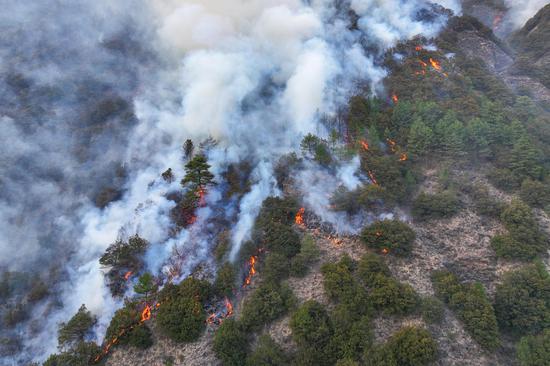




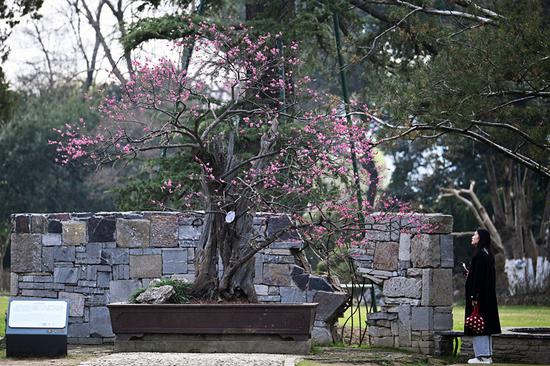











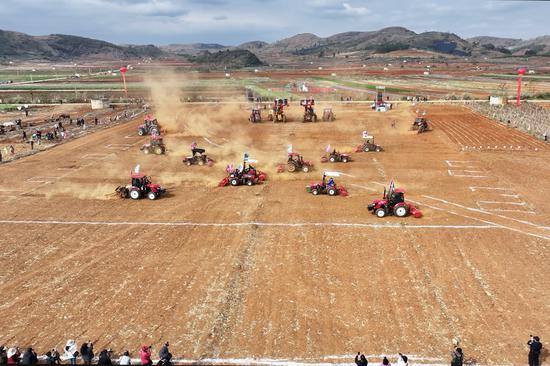




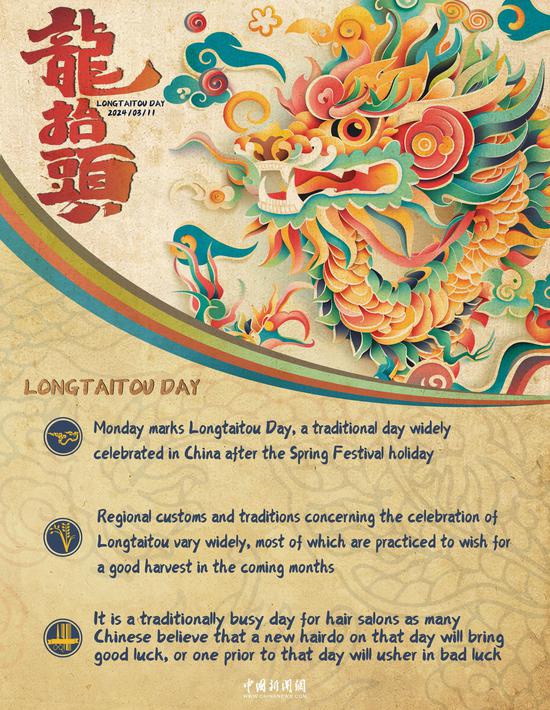

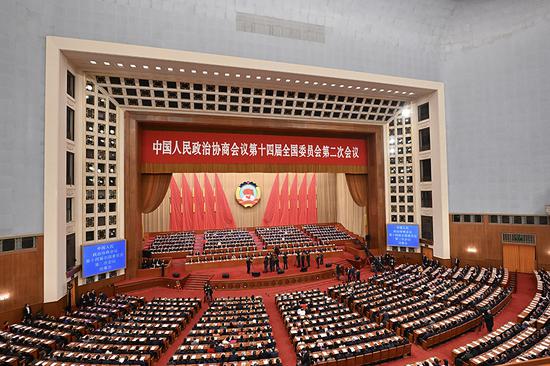
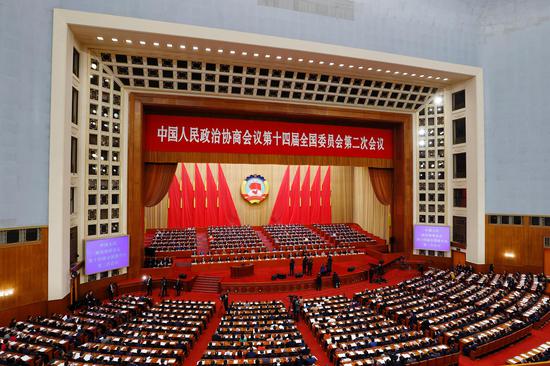




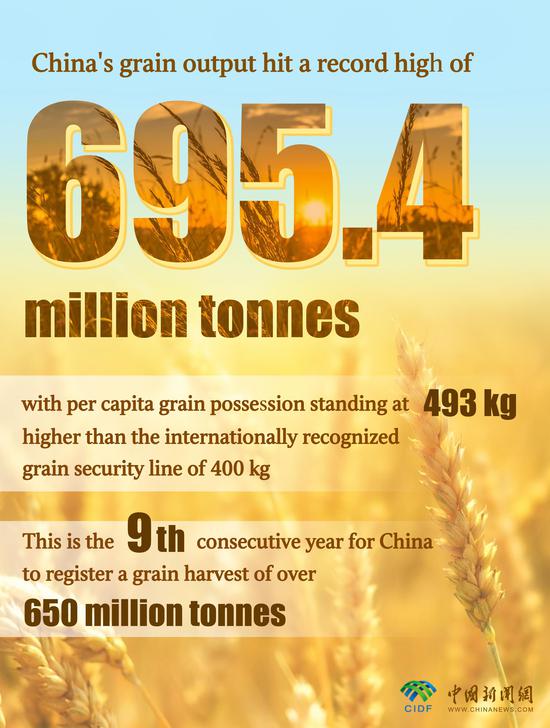








 京公网安备 11010202009201号
京公网安备 11010202009201号